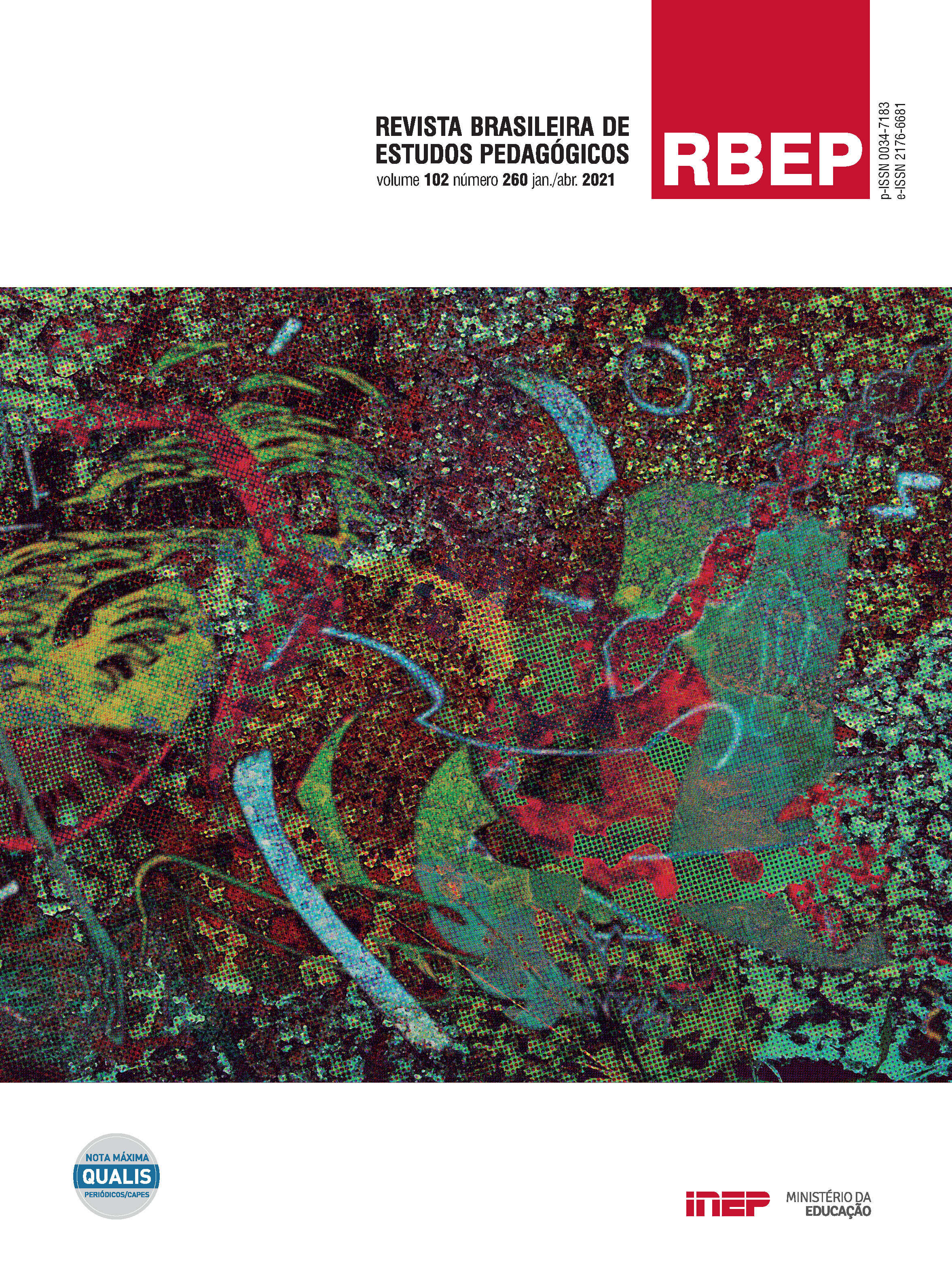Bar graph interpretation in youth and adult education
Abstract
Reading and interpreting graphs are important skills for the statistical literacy of adults. Therefore, this study aims to analyse the strides and difficulties of students in the early years of the elementary education of youth and adult education (educação de jovens e adultos, acronymed EJA) to interpret bar graphs before and after going through four different pedagogical interventions. Located in the clipping of the PhD research that investigated the relations between interpreting and building bar graphs, this research seeks to clarify the relations between these two activities and shows the results found from the analysis of tasks carried by EJA students. The study involved pre-test, intervention and post-test. The same test was carried in the pre-test and post-test and required the interpretation of bar graphs. The four pedagogical interventions involved: two construction sections (G1), two interpretation sections (G2), an interpretation section followed by a construction one (G3) and a construction section followed by an interpretation one (G4). The results of the post-test indicated a significantly better performance in all groups at the reading of data, the reading between data and reading beyond data; however, difficulties in the comparison questions were persistent. There were no significant differences by intervention group, however, the G2 results were better than the other groups. It is concluded that intervening only with interpretation activities contributed to the understanding of graphics in a stronger way; however, intervening only with construction activities and articulating interpretation and construction also favour the development of interpretative skills in bar graphs.
Downloads
Copyright (c) 2021 Brazilian Journal of Pedagogical Studies

This work is licensed under a Creative Commons Attribution 4.0 International License.
Once their work is accepted for publication, author’s copyrights are automatically relinquished to the National Institute for Educational Studies and Research Anísio Teixeira (Inep).
Since 2016, the journal Revista Brasileira de Estudos Pedagógicos (RBEP) uses the licence CC-BY.
Partial or total reproduction of the content of this Journal is permitted provided that the original publication is properly referenced, as well as a link to license CC BY 4.0 and to indicate any possible alterations made to the article.




















